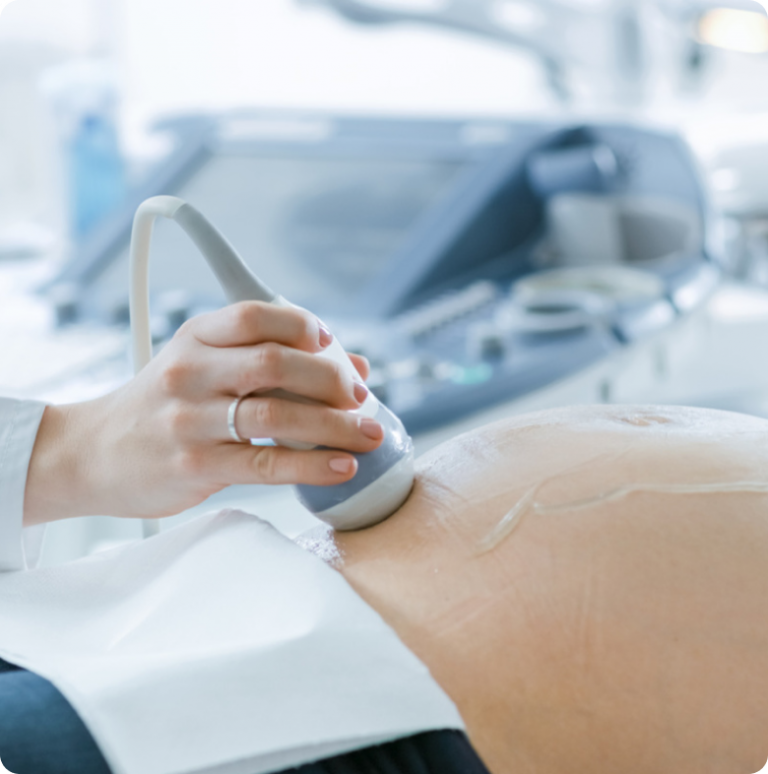Intracytoplasmic Sperm Injection or ICSI is a modification in the traditional IVF procedure in which a carefully selected single sperm is injected directly into an egg. This increases the chances of fertilisation and pregnancy rates in patients with lower fertility reserves.

Intracytoplasmic sperm injection is typically used for couples who have attempted conception with no results due to male infertility problems. Candidates for this treatment include:
ICSI is considered absolutely necessary in the case of male factor infertility with an abnormal semen analysis. Many are electing to undergo ICSI for reasons other than male factor infertility, including:
Through the ICSI procedure, many couples with difficult male factor infertility problems have achieved pregnancy at Dr. Sunita’s IVF. Fertilization rates of 70 to 80 percent of all eggs injected – equivalent to fertilization with normal sperm – are currently being achieved, and pregnancy rates are comparable to those seen with IVF in couples with no male factor infertility.
The most important indicator of ICSI success appears to be the fertilization rate achieved with the ICSI procedure. The fertilization rate of Dr. Sunita’s IVFis exceptional – currently 80 to 85 percent. That is to say, on average, eight out of every 10 eggs will fertilize normally.
Although it is overall a safe and effective procedure, ICSI can be associated with some risks. First, during the ICSI procedure, a small number of eggs – usually less than 5 percent – can be damaged as a result of the needle insertion. Second, the overall risk of having a baby with a chromosomal abnormality in the X or Y chromosomes is 0.8 percent, or eight per 1000, which is four times the average seen with spontaneous conception. At present, we do not know the reason for this increased risk.
It is important to understand that the following problems can be associated with sex chromosome abnormalities:
The risk of having a chromosomal abnormality like Down’s syndrome is not increased with ICSI but increases with maternal age.
If you decide to proceed with ICSI, we will make every effort to inject as many eggs as possible. It is important for you to understand that only eggs that are mature can be injected with sperm. At Sunita Chandra IVF centre we can easily tell if an egg is mature or immature. Although the immature eggs are incubated with sperm, the likelihood of fertilization is very low. On average, we are able to inject 75 percent to 80 percent of the eggs that are recovered.
Sunita IVF and Fertility Center
49, Guru Govind Singh Marg,
Hussainganj crossing
Lucknow – 226001
Rajendra Nagar Hospital
74, Rajendra Nagar,
Lucknow, Uttar Pradesh (India)
MON – SAT : 10AM – 5PM
SUN : 10AM – 2PM
Best Gynecologist in Lucknow | IVF Treatment | IVF center in lucknow | Infertility Treatment in Lucknow | Best Gynecologist in Lucknow | Surrogacy Center in Lucknow | Frozen Embryo Transfer | Blastocyst Culture | Laparoscopic Surgery Clinic | Laparoscopic Surgeon in Lucknow | IMSI | Infertility Issues | Surgical Sperm Retrieval